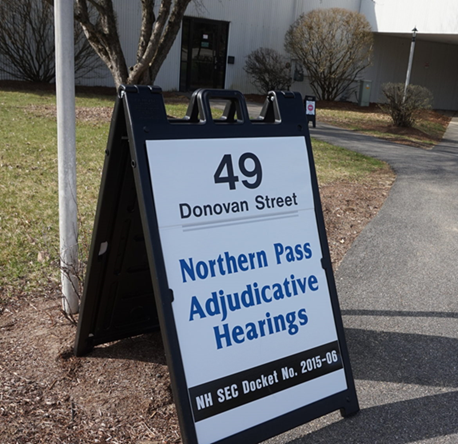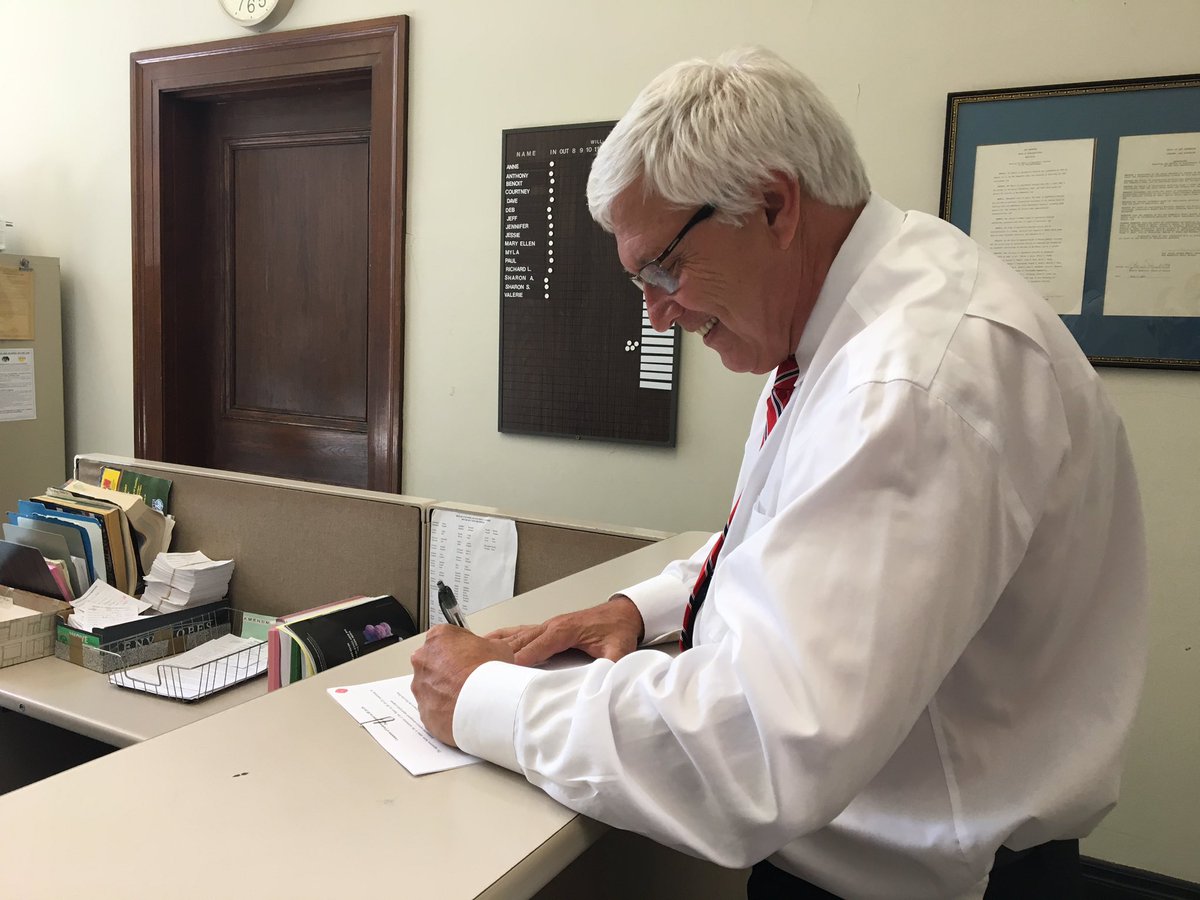Million Air Opposition Hopeful Over FAA Review

The Federal Aviation Administration is stepping into the long-standing battle at Pease International Tradeport over the proposed Million Air project.
Pease officials have been put on notice by the FAA over the Million Air plan to build a new fixed base operator facility (FBO). The agency is reviewing the plan and the impacts it will have on the airport’s layout and requiring Pease to have a new environmental impact study done to FAA standards.
Meghann Wayss, a Newington resident who is part of the local opposition to Million Air’s project, hopes this FAA review will finally slow the approval for the project, which Wayss and others say poses serious risks to Seacoast drinking water.
“I’m really hopeful all of this will come to a close,” Wayss said.
Peter Bragdon, spokesman for the Texas-based Million Air, declined to comment on the FAA’s review, saying it is a matter for the Pease Development Board.
Million Air wants to build a new fixed-based operator (FBO) facility at Pease to service private aircraft. The proposal includes building a 90,000 fuel storage system. The project’s construction is also close to wetlands that feed into local drinking water sources. Building the facility would involve disturbing those wetlands.
According to a letter from the FAA to Pease officials, Million Air’s FBO represents a change to the Pease airport layout plan, or ALP, on file with the FAA. Any change to the ALP requires FAA approval under federal rules. That means Million Air’s project is now in the hands of federal officials.
According to FAA Project Manager Sean Tiney, the final approval all comes down to the environmental impact.
“The FAA’s ALP approval authority for the proposed project, and any other federal approvals associated with the project … is a federal action subject to the National Environmental Policy Act (NEPA),” Tiney wrote. “Therefore, (Pease) will be required to perform an appropriate environmental review consistent with NEPA.”
Million Air’s plans seemed inevitable for months despite vocal opposition from many residents and local leaders. However, the company backed off a bit when the PDA was set to give final approval this summer.
In June, environmental impacts on the wetlands forced the company and the board to put off the approval until at least December. According to a memo from Michael Mates, the PDA’s director of engineering, Million Air needs more time to complete a review of the Gosling Station Wells, which includes water that flows into the Haven Well.
The Gosling Wells were taken offline in the 1950s when Pease was built as an Air Force base. The military’s use of products containing PFAS resulted in contamination that has haunted residents on the Seacoast. PFAS — also known as “forever chemicals” –have a decades-long half-life and are linked to serious illness and certain cancers.
Now, with the FAA oversight, Wayss can see a future at Pease without Million Air.
“I don’t feel like they would be someone who has true interest and concern for the health and well-being of the community here,” Wayss said. “We want companies who care and are doing their best to be upfront and involved in the community.”
Nothing has been decided yet, and Wayss wants to bring more residents into the coalition opposed to Million Air’s project. The concern has always been for the drinking water, she said.
“This site should be off-limits. Drinking water is our greatest resource,” Wayss said.
Bragdon and other Million Air officials have consistently deflected the criticism and blamed the opposition on potential rival Port City Air. It operates an existing FBO at Pease and has been upfront in its opposition to Million Air on environmental grounds.
Port City is currently fighting in court over state approvals for Million Air. Port City was part of the appeal to the New Hampshire Department of Environmental Protection’s Water Council over state approval for Million Air’s wetlands permit. However, DES threw out Port City’s appeal on the argument the company does not qualify as an abutter under the law.
Port City is now taking the case to the New Hampshire Supreme Court, saying DES’s order is unconstitutional.





